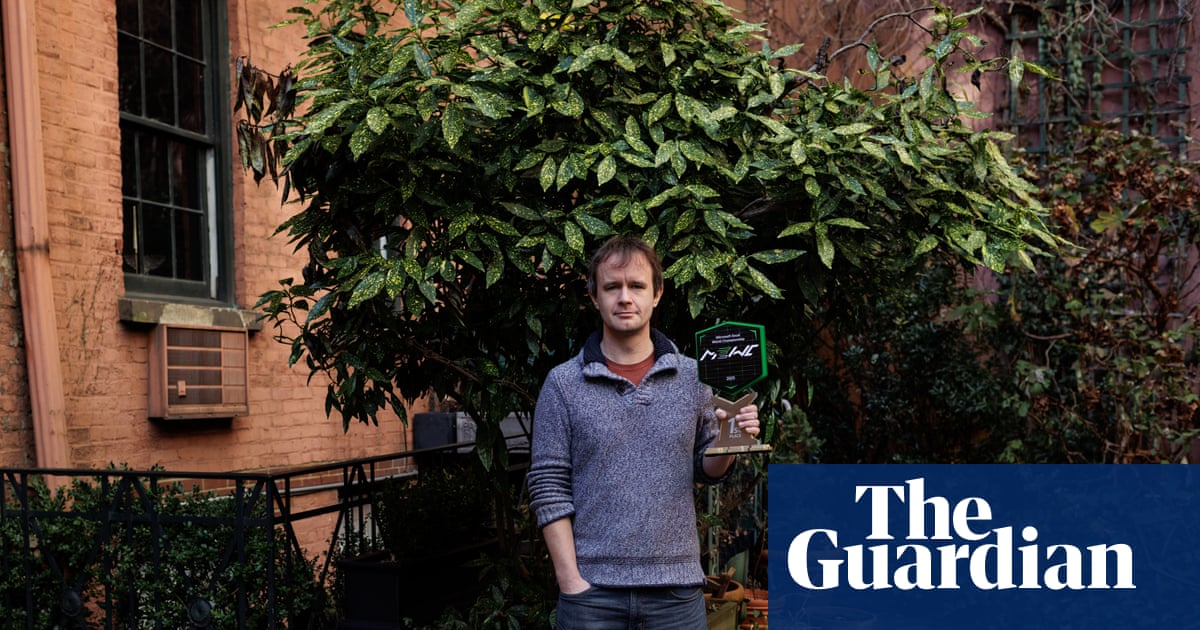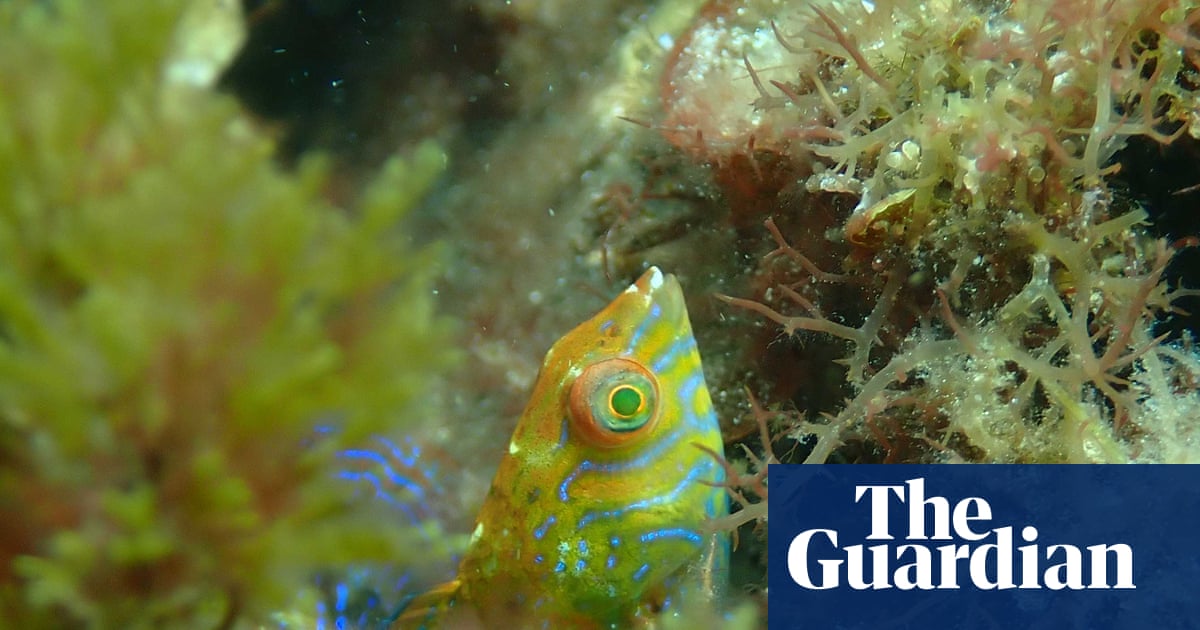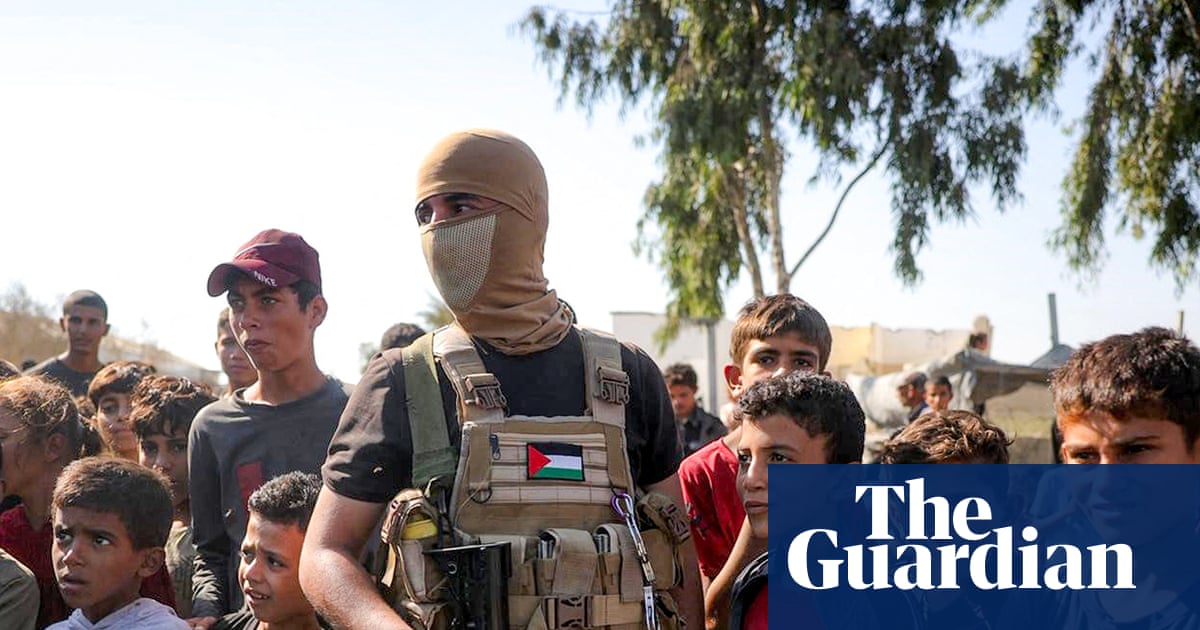The UK has cut by 15% its contribution to a leading aid fund combating preventable diseases, a decision that charities have said could lead to hundreds of thousands more otherwise preventable deaths.
The UK will commit £850m to the Global Fund to Fight Aids, Tuberculosis and Malaria over 2027-29, against the £1bn pledged by the Conservative government for the last funding round.
While the sum, announced in a written government statement, is slightly higher than the figure of £800m previously being discussed by senior officials, aid groups called it a serious setback in global efforts to combat the diseases.
The total amount given by all countries to the global fund will be announced later this month at an event co-hosted by the UK on the sidelines of the G20 summit in South Africa, which Keir Starmer is due to attend.
Aid groups had warned that a significant cut to UK money, on top of a 30% reduction in the UK contribution at the previous funding round three years ago, would be a further blow after Donald Trump slashed US aid.
The decision will cause dismay among some Labour MPs, dozens of whom have warned against a cut. Last week a group of seven MPs who have served as ministers under Starmer wrote to the prime minister warning that a cut would be a “moral failure” and a strategic disaster.
But government officials argue it shows ministers are prioritising the global fund in the context of much bigger overall cuts to overseas aid, which has been reduced from 0.7% of national income to 0.5% and will fall to 0.3% in 2027.
Officials say that given other aid commitments – for example, to Gaza, Sudan and Ukraine – even the 15% reduction amounts to “a good vote of confidence in the global fund” within this context.
There will, however, be very real repercussions from the cut. When the expectation had been for a 20% cut to £800m, one aid agency estimated that this could lead to up to 340,000 avoidable deaths and nearly 5.9 million avoidable infections over the three-year funding period.
Kitty Arie, the chief executive of Results UK, an aid advocacy group, said: “The decision to reduce the UK’s contribution is deeply concerning and represents a serious setback in the fight to end Aids, tuberculosis and malaria. We recognise the difficult fiscal environment in which this pledge is made, but this does mark the first time in the global fund’s history that a host country has reduced its pledge – setting a worrying precedent for other donor governments and jeopardising the issues the UK government has said are priorities: global health, strengthening pandemic preparedness and promoting global security.
“This decision takes us in a different direction – undermining decades of progress and weakening our ability to respond to future threats.”
Mike Podmore, the chief executive of the StopAids campaign, said the cut “threatens the real possibility of ending Aids by 2030”.
He said: “Although it remains a substantial contribution, the cut could hinder the global fund’s capacity to sustain current progress and carry out its life-saving work. From marginalised communities being denied access to prevention services to people living with HIV facing disruptions to essential medicines, these reductions will have an immediate and devastating impact on lives across the world.”

 2 months ago
77
2 months ago
77

















































